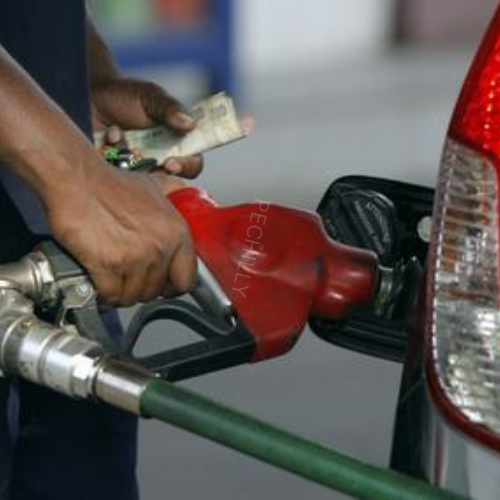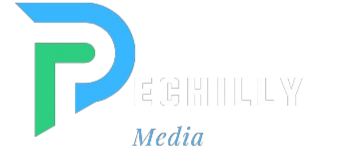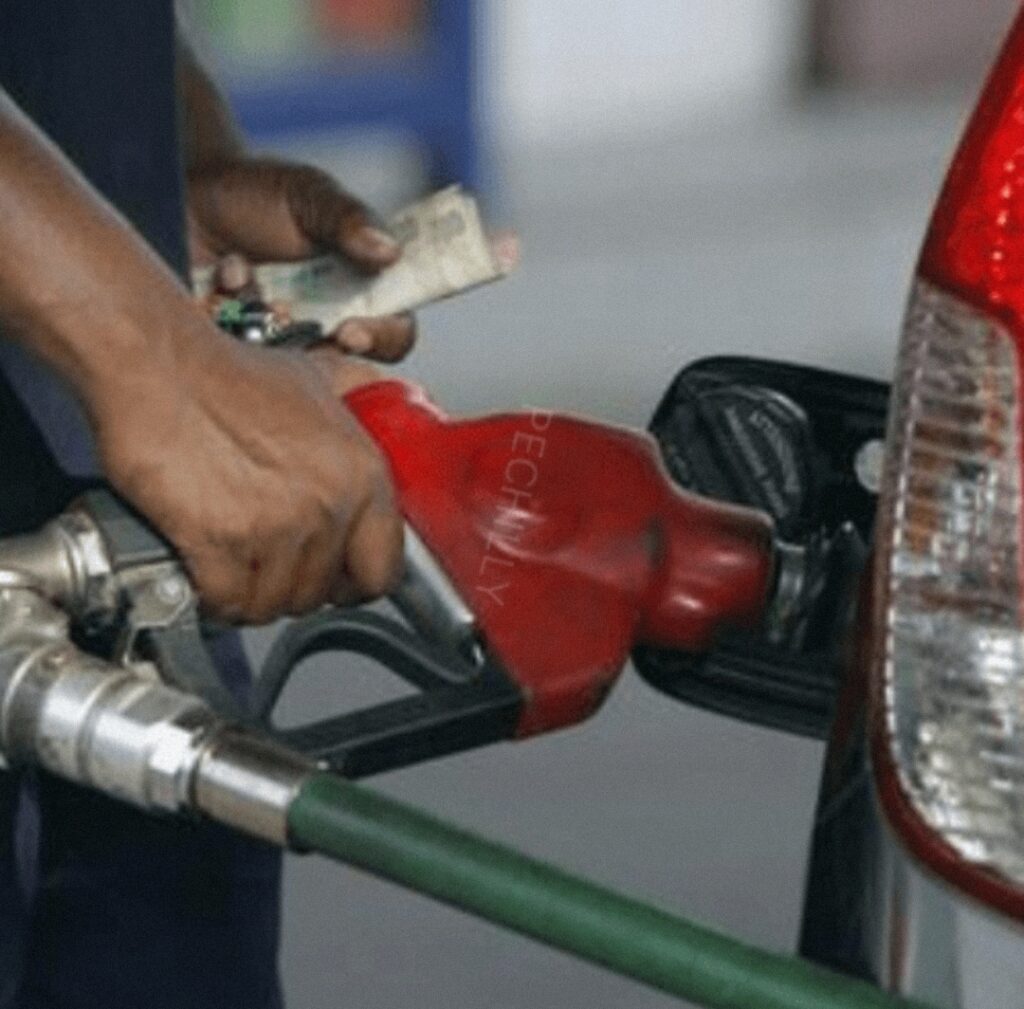By Karen James
The Nigerian National Petroleum Company Limited (NNPC) has finally admitted that it is facing financial challenges due to a $6 billion debt, indicating that the pump price of petrol may increase at filling stations. After weeks of denial, the state-owned energy company released a statement on Sunday, acknowledging that it owes its petrol suppliers a significant amount of money, impacting supply sustainability. The admission has fueled speculations that the Federal Government might stop paying the shortfall on imported petrol, which could result in a rise in petrol prices above N1,000.
The NNPC has been struggling to cover the gap between fixed pump prices and international fuel costs. Late payments for Premium Motor Spirit (PMS) imports have surpassed $3 billion, and the debt continues to accumulate. Traders have reported that the company still owes payments for imports dating back to January. The outstanding debt has caused some traders to stop supplying PMS to the NNPC, exacerbating the fuel crisis.
While the NNPC had previously denied owing international oil traders $6.8 billion, the recent admission has raised concerns about the sustainability of fuel supply in the country. The company has stated that it is collaborating with relevant government agencies and stakeholders to ensure a consistent supply of petroleum products nationwide. However, the measures taken so far have failed to alleviate the fuel queues at filling stations.
The issue of fuel subsidy has also come under scrutiny. The NNPC has admitted that the Federal Government subsidizes the current price of PMS, but it denies paying fuel subsidies to marketers. The price disparity between NNPC retail outlets and independent marketers has contributed to the fuel crisis. Some stakeholders in the petroleum industry have called for either the return of the fuel subsidy or its complete removal, emphasizing the need for a level playing field for all marketers.
As the fuel crisis persists, petrol prices continue to rise in filling stations. Independent marketers are selling petrol above N900 per litre, while major marketers sell at less than N700. The inconsistent fuel supply has resulted in long queues and limited services at some filling stations. Depot operators have attributed the rise in price to the desperation of marketers to secure petrol amid limited supply. While loading of fuel has reportedly improved over the weekend, consumers are yet to feel the impact as they still pay higher rates for fuel.
As Nigerians grapple with the lingering fuel crisis, the admission of the NNPC’s debt raises concerns about the future of fuel supply in the country. The possibility of increased petrol prices and potential changes in government policies surrounding fuel subsidies leave the nation uncertain about the path forward.


